
News

29.01.2024 14:45
Turkish Academy of Sciences (TÜBA) Food and Nutrition Working Group organised a symposium on "Alternative Food Sources" at Boğaziçi University. TÜBA President Prof. Dr. Muzaffer Şeker, Boğaziçi University Rector Prof. Dr. Naci İnci and TÜBA Full Member, TÜBA-Food and Nutrition Working Group Executive Director and Dean of our Faculty Prof. Dr. Kazim Şahin opened the programme.
Dean of our Faculty Prof. Dr. Kazim Şahin said: "The alternative food strategy of our country should both ensure the country's own food security and be competitive in the world food market. In this context, the methods used in food production should be environmentally friendly and sustainable, adopting practices for the protection of soil, water and other natural resources, protecting and using local and endemic plant species, protecting genetic diversity, increasing organic and ecological agriculture practices, focusing on innovative food sources such as new protein sources (for example, insect-based proteins or plant-based meat alternatives), seafood such as seaweed and products with high nutritional value called superfoods, Reducing food waste, increasing R&D and innovation studies, integrating agricultural technologies and artificial intelligence applications into agriculture, increasing investments in alternative food sources, raising awareness of farmers, producers and consumers about alternative food sources and sustainable agricultural methods, developing and implementing adaptation strategies to climate change."
Prof. Dr. Şahin said the following about artificial meat: "It may require less water and land use compared to traditional livestock farming and can significantly reduce greenhouse gas emissions, positively affect animal welfare, reduce contamination and the spread of foodborne diseases, and offer an alternative in areas where traditional livestock farming methods are not sustainable. However, it may negatively impact the traditional farming and livestock sectors economically, it may be perceived by consumers as an "unnatural" product and therefore have difficulties gaining widespread acceptance, it may not be nutritious enough to mimic the health benefits of traditional meat and its long-term effects on human health may not be fully understood, artificial meat has high production costs and may not be accepted for ethical or religious reasons."
Other News
.jpeg)
Field Experience in Veterinary ...
30.12.2025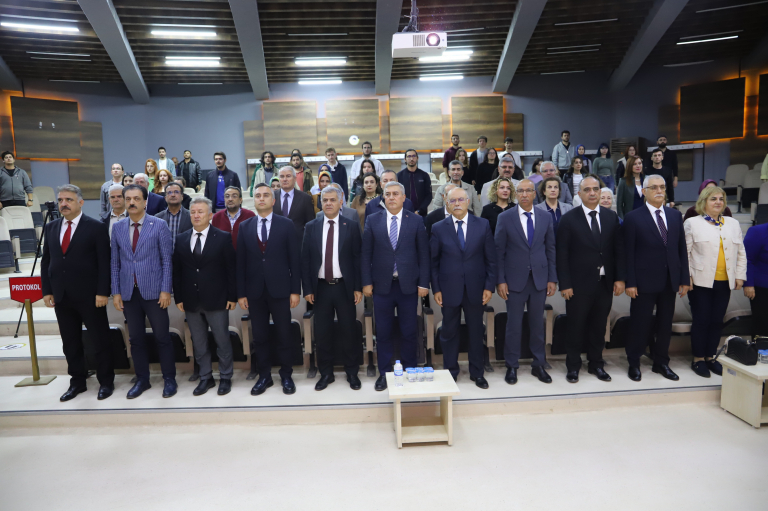
The 183rd anniversary of Turkish ...
27.10.2025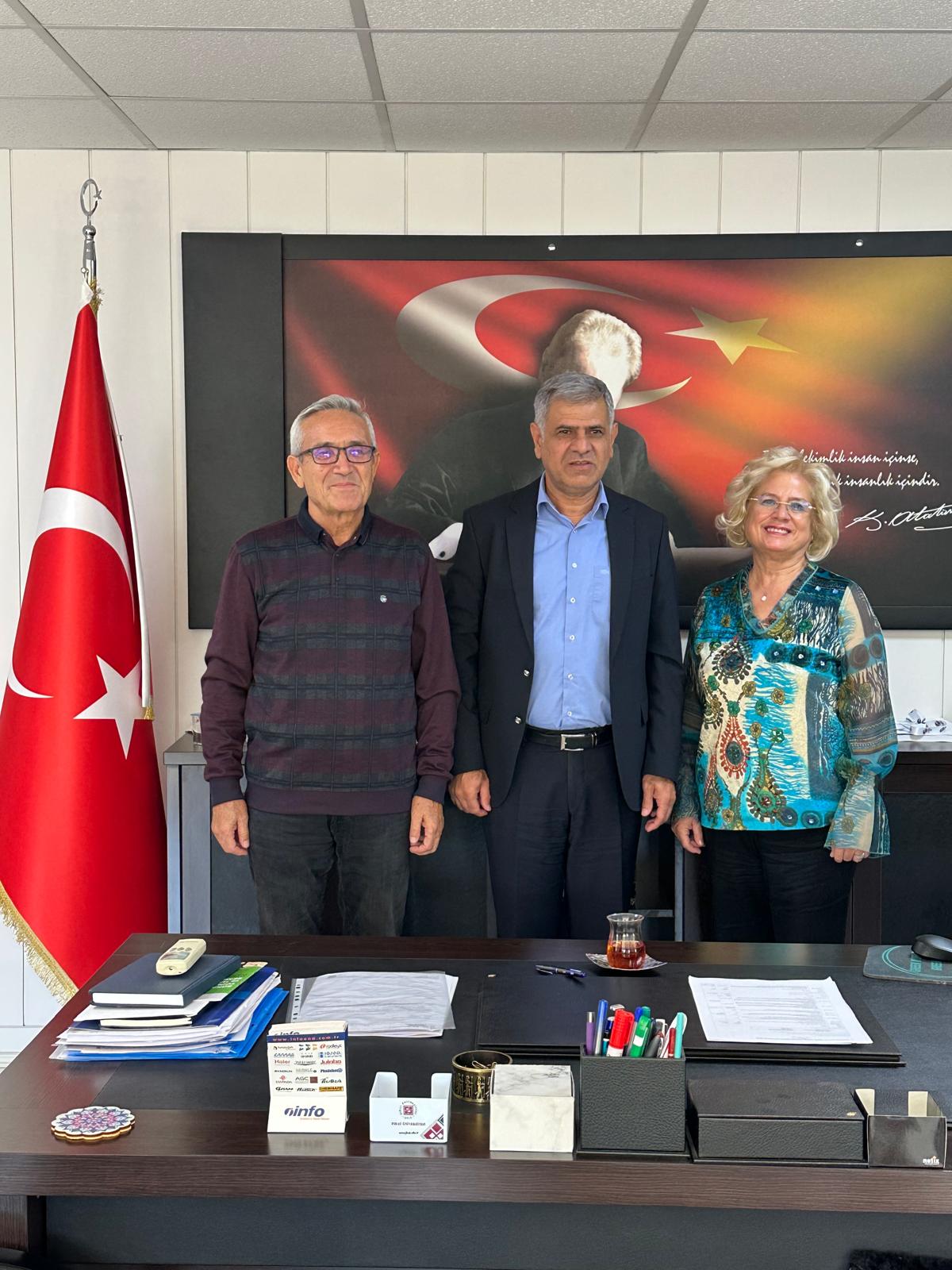
Visit by Dr. Aysel Gürel, Founder of the ...
15.10.2025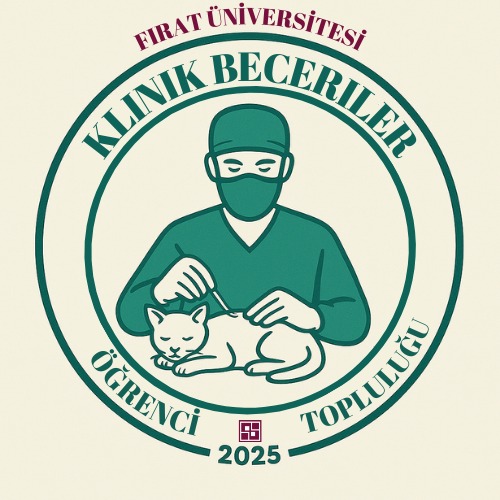
Clinical Skills Laboratory Opens at ...
09.10.2025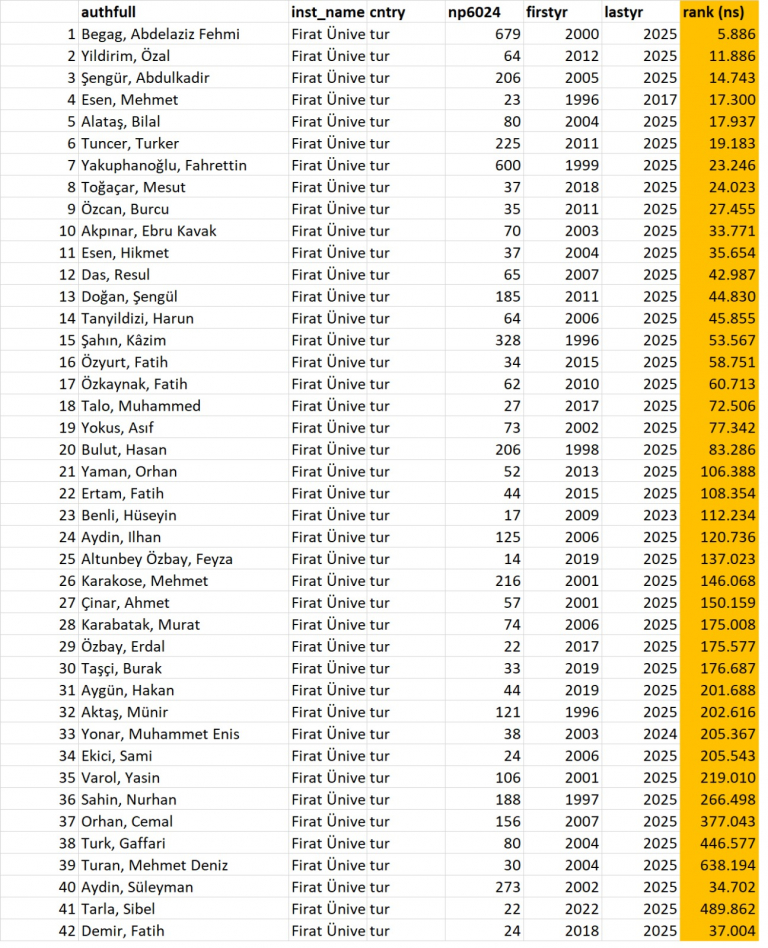
The World's Most Influential ...
08.10.2025.jpeg)
Prof. Dr. Kazım Şahin, Participated in ...
02.10.2025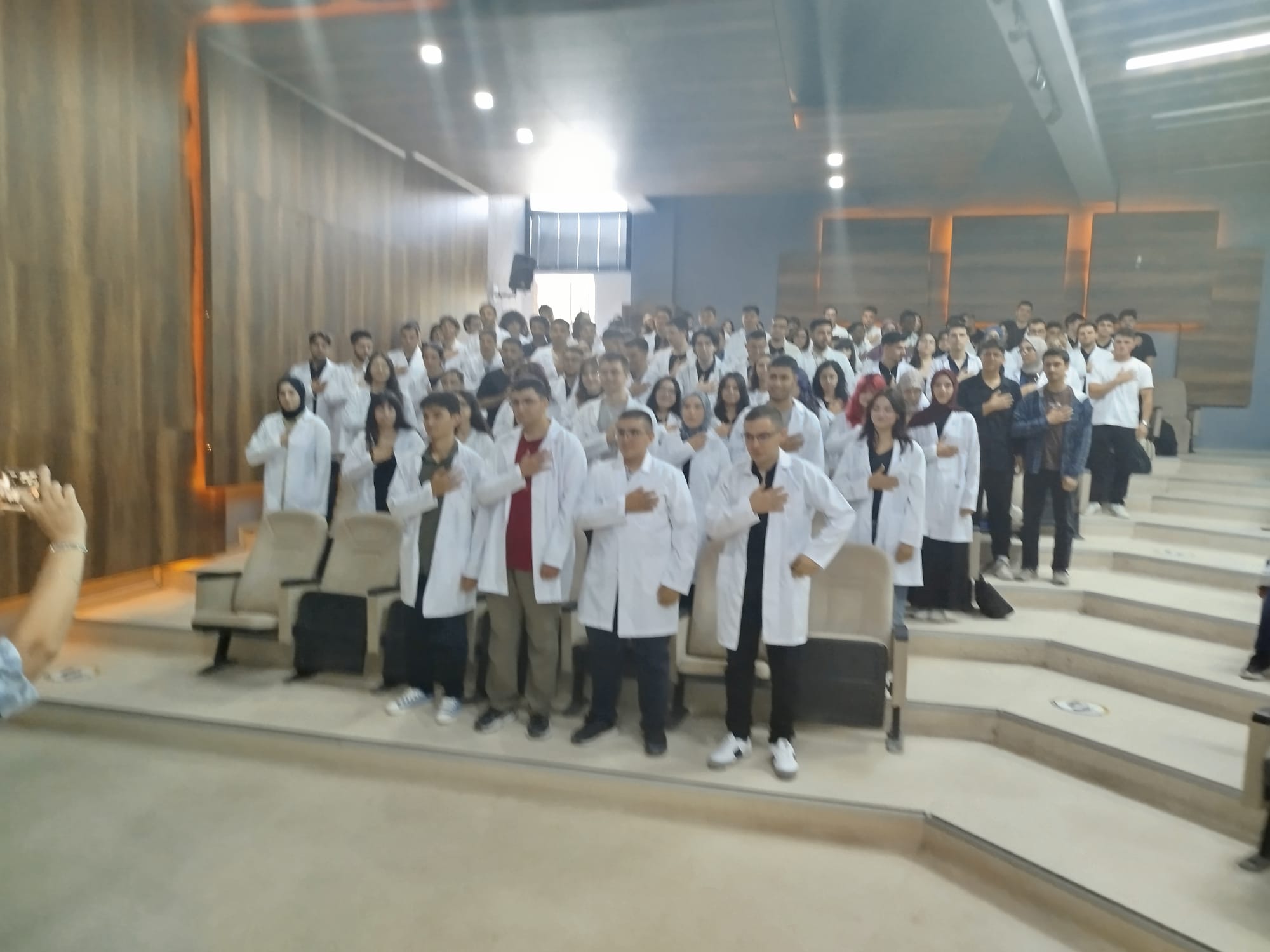
Orientation program
24.09.2025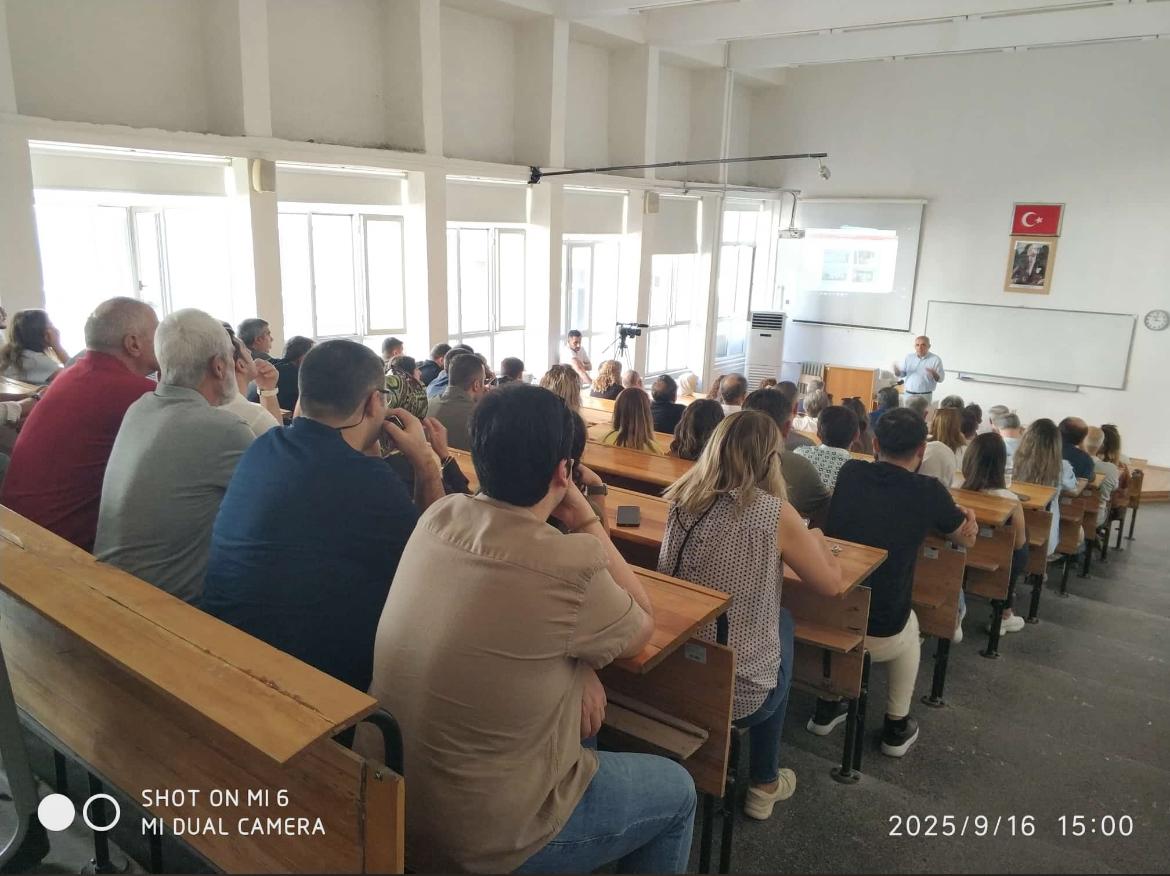
Biosafety Personnel Training
17.09.2025